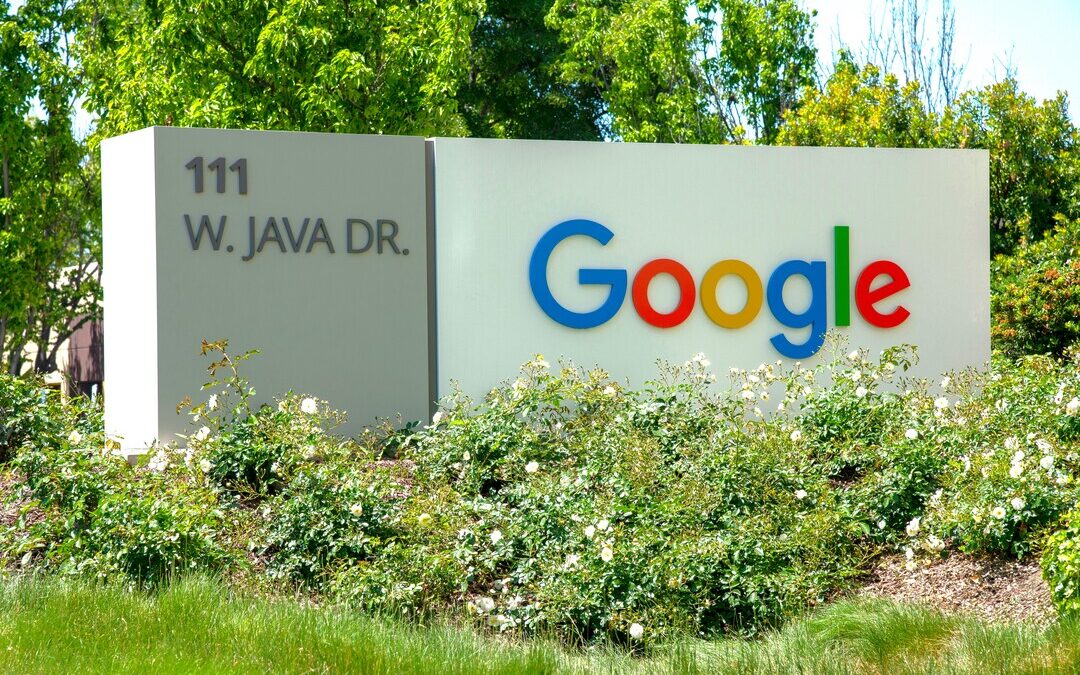Google Set to Power AI Data Centers with Small Nuclear Reactors
Google has entered into an agreement with Kairos Power to utilize small nuclear reactors to power its artificial intelligence operations.
Google has signed a landmark deal with small modular reactor developer Kairos Power to fuel its artificial intelligence pursuits and green energy transition.
The California-based technology giant announced on Monday that it will back the construction of the startup’s seven small nuclear reactors capable of generating 500 megawatts of power.
“The initial phase of work is intended to bring Kairos Power’s first SMR online quickly and safely by 2030, followed by additional reactor deployments through 2035,” said Michael Terrell, the senior director of energy and climate at Google, in a blog post.
It is a significant development because the company needs new electricity sources to run its global data center network that powers its energy-intensive AI applications.
“This agreement helps accelerate a new technology to meet energy needs cleanly and reliably and unlock the full potential of AI for everyone,” said Terrell.
The blog further said that the next generation of advanced nuclear reactors offers a new pathway to accelerate nuclear deployment thanks to their simplified design and robust, inherent safety.
Kairos Power’s technology uses a molten-salt cooling system and a ceramic, pebble-type fuel to transport heat to a steam turbine to generate power efficiently.
This system allows the reactor to operate at low pressure, enabling a more straightforward and affordable nuclear reactor design.
“By procuring electricity from multiple reactors — what experts call an “order book” of reactors — we will help accelerate the repeated reactor deployments needed to lower costs and bring Kairos Power’s technology to market more quickly,” Terrel added.
Monday’s announcement exemplifies the growing partnership between tech companies and nuclear power. Data centers need 24/7 reliable energy; right now, nuclear is the only source of emissions-free baseload power. Many hyperscalers have ambitious emissions-reduction targets, so they turn to nuclear power.
Last month, Microsoft signed a deal with the utility Constellation Energy to restore a decommissioned nuclear reactor in Pennsylvania that will supply the tech giant with power for the next 20 years.
Also Read:
Adani Group and Google Partner to Advance Clean Energy Goals in India
Nirmal Menon
Related posts
Subscribe
Error: Contact form not found.


